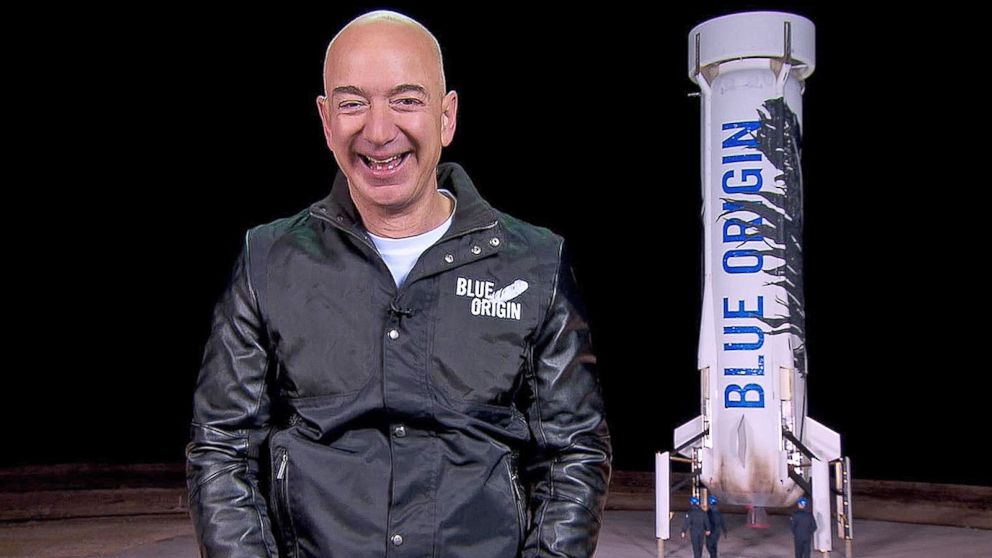Follow
 Mathew Ingram
Mathew Ingram ✔@mathewi
Editor of Süddeutsche Zeitung responded to the lack of U.S. individuals in the documents, saying "Just wait for what is coming next"
 Mathew Ingram
Mathew Ingram 



Bezos has his own issues. Post hasn't been kind to Trump and he said when he is president that Amazon has problems. "Oh do they have problems, believe me." Good times.
Anyway Iceland PM had to resign. Doubt anyone from Russia or the ME is resigning over this, lol.
Of course the President pounces on the greedy corporations, never thinking that the US has sky high corporate tax rates.
Google turning tech gadgets into doorstops.... the moral being avoid cloud based services or yer fooked
The problem with forced tech obsolescence
Revolv is a little device that you can use to control other smart devices in your home, like light bulbs or entertainment equipment. There's a clever back-end that means you can control and monitor your home using an app, wherever you are. It's part of the connected home future companies have been trying to get the public excited about for a few years now.
One person excited by that possibility was Arlo Gilbert - chief executive of health app specialists Televero - who has Revolv set up in his home. He calls controlling all of his devices like conducting a "beautiful orchestra of home technology".
The orchestra will stop playing on 15 May when Nest switches the Revolv system off. To be clear - that doesn't just mean it will no longer be updated. It means it'll stop functioning altogether. Cease to be. An ex-hub.
"My house will stop working," wrote Mr Gilbert.
"My landscape lighting will stop turning on and off, my security lights will stop reacting to motion, and my home-made vacation burglar deterrent will stop working. This is a conscious, intentional decision by Google/Nest."
Unlike the scarce parts needed by the poor folk trying to maintain the Bart service, Mr Gilbert isn't dealing with old, niche hardware. Revolv was being sold up until September 2014.
Is that acceptable? Should Google be allowed to make a decision like that, rendering a $300 (£213) product useless because it doesn't see any lucrative potential for it?
Writing in Wired magazine, Klint Finley described the move as proof that the so-called "Internet of Things" cannot be trusted.
"We generally expect our old gadgets to still be useful as hand-me-downs or backup devices. We don't expect to have to send them off to landfills just because the company we bought them from decided to stop supporting them," he wrote.
"Until that changes, the Internet of Things will remain a dream."
http://www.bbc.co.uk/news/technology-35984185
Here come another distraction for Musk....
